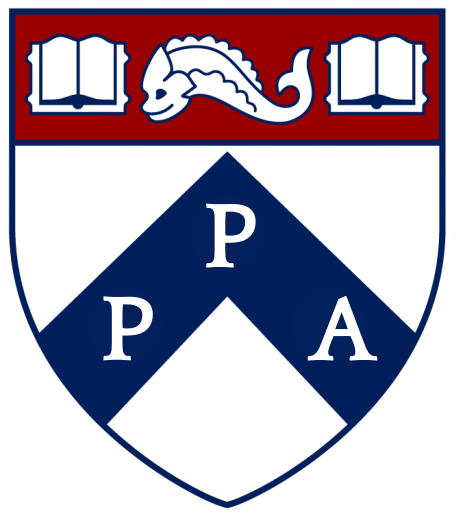A campus organization by and for postdocs at the University of Pennsylvania
Our Mission
The Penn Postdoc Association (PPA) is a community of postdoctoral scholars at the University of Pennsylvania dedicated to promoting solidarity and support among postdocs across schools and institutions within the university system. We represent over 1,400 postdocs, welcoming postdocs from all 12 schools of the university, Children’s Hospital of Philadelphia, Monell Chemical Senses Center, Swarthmore College, and the Wistar Institute. Our mission is to enhance the postdoctoral experience at Penn by addressing shared interests and concerns through community building, career development and training, and advocacy for postdocs. Membership in the PPA is free and open to all postdocs at Penn.

Our Committees
The work of the PPA is divided across nine committees, each focusing on an aspect of postdoc life or of the PPA’s organizational needs. Joining a committee is a great way to get involved, contribute to the postdoc community, and develop professional skills. You don’t need to have experience; we’re happy to train you from the ground up and welcome all levels of involvement. All Penn postdocs are welcome to join or attend the programming of any of our committees.
-
Advocacy
Advocates for improved postdoc benefits and policies to administration and the university community
-
Career Enhancement and Training
Creates professional development programming to enhance postdoc training
-
Community Outreach
Provides opportunities for postdocs to support and share their skills with local communities
-
Diversity
Seeks to support underrepresented postdocs, and provides seminars and volunteer opportunities related to issues of diversity
-
Foreign National
Creates programming to enhance resources available to foreign national postdocs
-
Fundraising
Raises funds to put on all PPA programming, primarily through twice-per-year industry-focused career and technology fairs
-
Public Relations
Advertises PPA programming and initiatives out to the Penn community
-
Social Events
Creates the PPA’s social programming, including monthly happy hours, lunch meet-ups, and hobby groups
-
Symposium
Plans and manages the university’s annual postdoc research symposium

